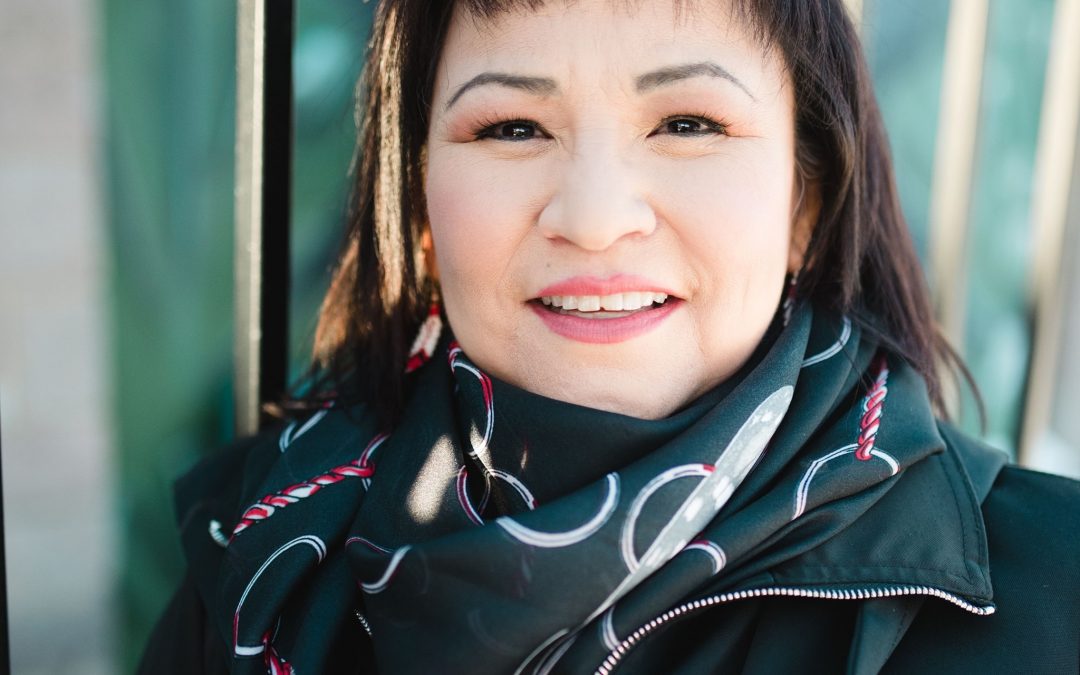By Dan Jones
The New Democrats are requesting that provincial government employees who have self-identified as Indigenous prove their ancestry.
As post-secondary institutions develop and implement new policies to verify Indigenous identity in the wake of two high-profile cases in Saskatchewan, Saskatoon MLA Betty Nippi-Albright said all public service employees should sign a declaration and provide proof.
“One of the things that the government can do is put measures in place, like signing an attestation form,” Nippi-Albright explained Wednesday.
She said Indigenous People must prove their ancestry to the Canada Revenue Agency at tax time and to receive tax-free goods and services.
Former professor at the University of Saskatchewan Carrie Bourassa was forced to resign, after a CBC investigation questioned her Metis status. Mary Ellen Turpel-Lafond resigned her position at the University of British Columbia over allegations of her Cree upbringing. She has either rescinded or have several honorary degrees stripped from over the allegations.
Nippi-Albright said requiring proof will protect Indigenous Peoples and the Sask. Government from potential civil suits, adding failing to provide proof, should lead to employment termination.
“We have Caucasian people claiming to be Indigenous, benefiting in terms of jobs, scholarships and earning good salaries,” said Nippi-Albright.
The provincial government has a self-declaration policy in place for Indigenous employees.
“Part of the puzzle here is with human rights and what you can and can’t ask people. It’s something we are going to have to look into if we go down that road,” Public Service Commission Minister Lori Carr said.
Carr conceded that the government in the future may have to look at such a policy. However, claims of false Indigenous ancestry have not been presented to her or the government.
Carr explained that Indigenous identity is not a consideration for employment or promotion, unless the specific position requires an Indigenous person.
Faculty members and students applying for scholarships at the University of Saskatchewan will now require documentation to prove their Indigenous identity.
The university announced they are introducing the new policy in the fall with the approved documentation to be determined by Indigenous governments and communities.
Until now, the U of S had used self-identification as their process for determining Indigenous ancestry.
Both the Metis Nation-Saskatchewan and the Saskatoon Tribal Council have thrown their support behind the new policy.
“With our Indigenous Elders guiding the work, the task force has come up with a positive solution to Indigenous verification,” said MN–S President Glen McCallum.
“We at the Saskatoon Tribal Council are pleased the University of Saskatchewan has created and endorsed a policy that recognizes First Nations communities as these traditional rights holders,” said Saskatoon Tribal Council, Tribal Chief Mark Arcand. “This will enable accountability for those entering positions meant for Indigenous peoples.”
(With files from Joel Willick)
